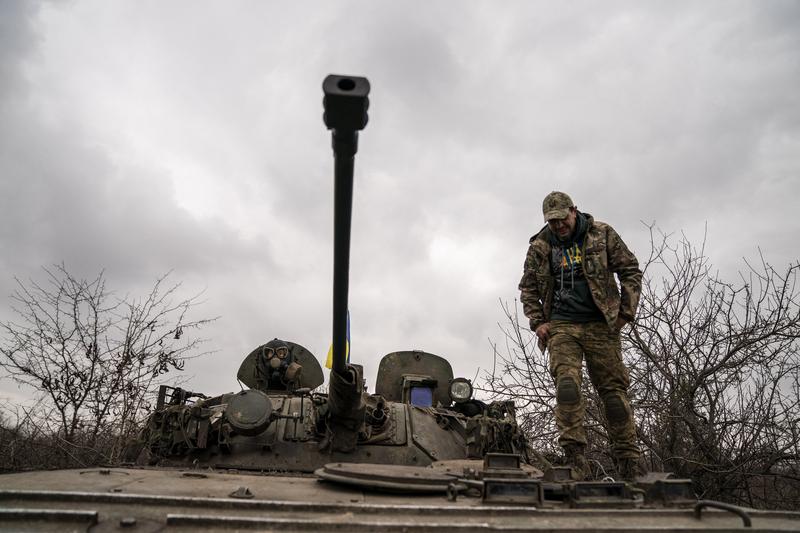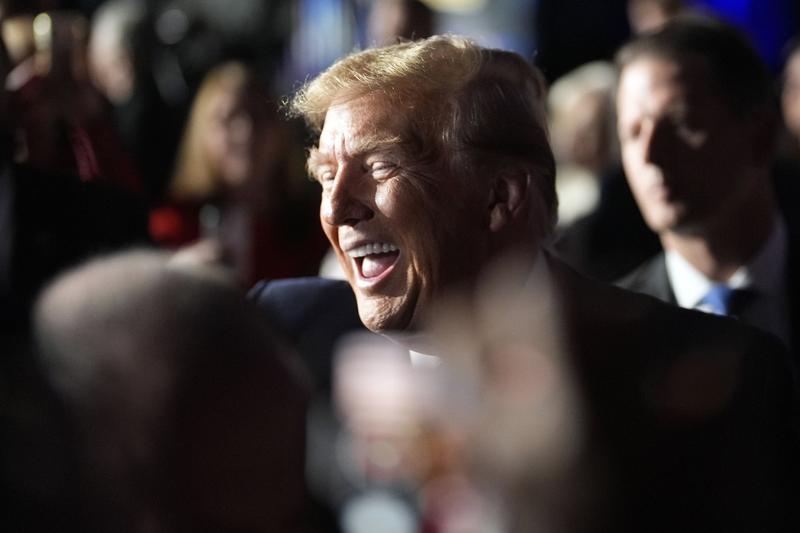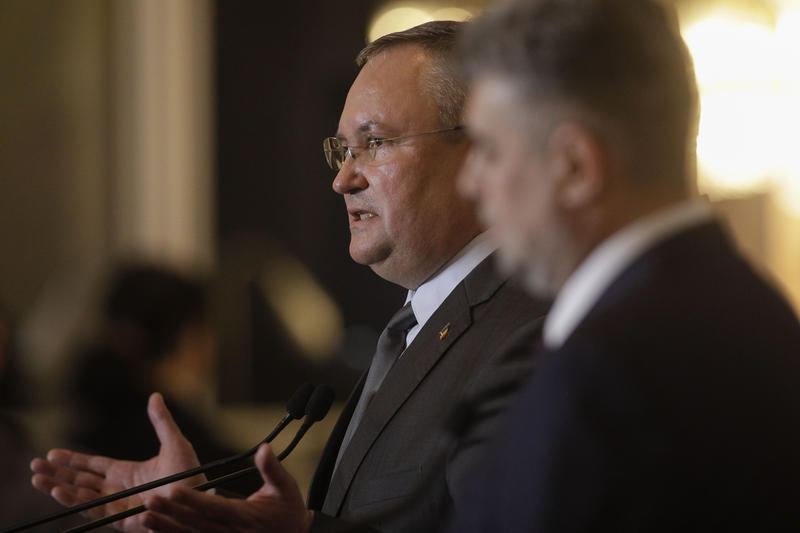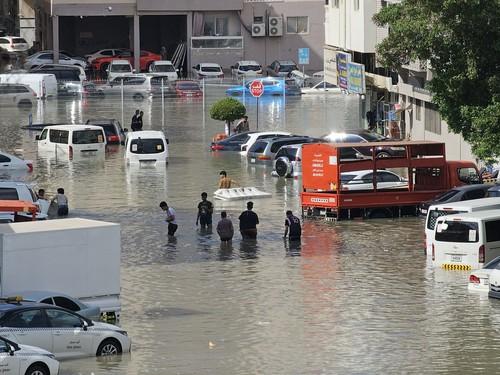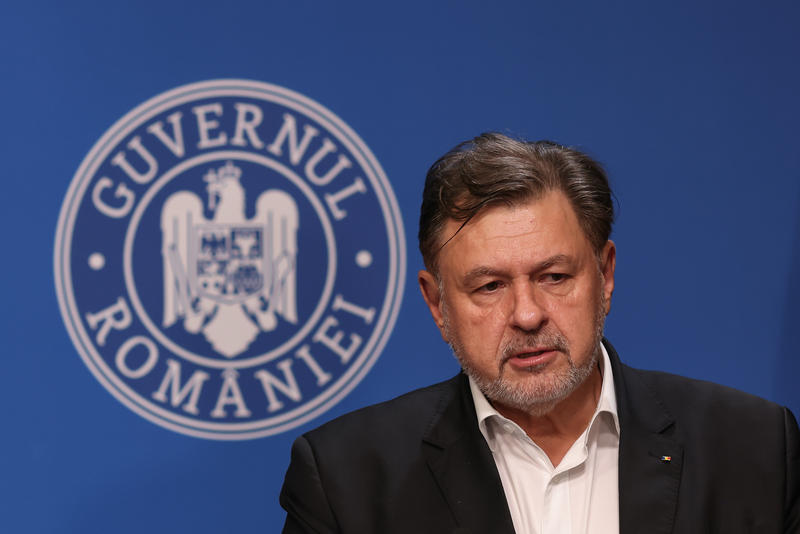Rarely has an incoming U.S. President received such a resounding welcome from around the world. From the sun-baked streets of Africa and Asia to the snow-covered offices of the European Commission in Brussels, Barack Obama's election mantra "Yes, we can!" has echoed like a stubborn cry of resolve in the face of growing global uncertainty.
Obama is being claimed by countries as far apart as Kenya, where his father was born, and Indonesia, where the new U.S. President spent 4 years of his childhood with his mother and Indonesian step-father.
The hopes resting on the charismatic 47-year old are as diverse as the countries they are coming from. Indonesia, home to the world's largest and most diverse Muslim population, the single unifying hope is that Obama's victory will lead to a rapprochement between the U.S. and the Islamic world.
"We are very optimistic that Mr. Obama can change the U.S.," says Din Syamsudin, leader of PP Muhammadiyah, one of the biggest Muslem communities in Indonesia. "We hope that the U.S. can change its vision and mission so as to make a better world, one of peace and stability, and not to ruin the world."
Obama's gift for inspiring and uniting people from the diverse backgrounds has also impressed EU politicians who, still smarting from recent rejections by European voters, have remarked with a mixture of envy and
admiration on Obama's powerful use of the internet in his campaign.
"Here in Europe, use of the internet is not yet so refined," says Margot Wallstrom, the EU's communications chief who is running a blog as part of her efforts to bring the EU closer to the people. "The political establishment ignored the growing significance of the internet. (We) need to learn the lessons from the USA."
Some 7,000 kilometres south of Brussels, in Uganda, East Africa, people too believe they can learn from the new U.S. President. Norbert Mao, Chairman of Gulu district, says Obama's victory over racial barriers
should set an example for uniting a country like Uganda which is heavily divided along tribal lines.
"Obama is a symbol of what is possible with the human spirit," Mao says. "He is going to give us a lot of inspiration and courage to bring change to Uganda."
Neighbouring Kenya, the biggest economy in East Africa and scene of violent ethnic clashes last year, holds even higher hopes for the new U.S. President. Not only are young Kenyans are looking to Obama as a role model but Kenyan farmers are hoping for easier market access to the U.S. for their exports. And Kenyan health workers count on U.S. aid to fight HIV / AIDS and malaria while human rights activists are calling on Obama to put African dictators in their place.
That optimism is overdone, says Edwin Okong'o, a U.S.-based Kenyan journalist. "Kenyans should realize that as difficult as Obama's journey to the White House was, it pales in comparison to what lies ahead of him," he says. "Considering the mess that he will inherit, it would be unrealistic for even those who elected him to expect him to return America to a full pre-Bush administration recovery. It would be even more insane
for anyone outside America to expect anything."
Competing priorities
Realistic or not, there's a feeling of urgency that is pervasive the world over. This includes climate change. The EU is delighted that after years of U.S. opposition and even legal threats to European climate change
policies, Obama made one his first calls to EU Commission President José Manuel Barroso to mend ties on the environment front. "He told me that one of his first priorities will be precisely climate change and energy
security," Barroso recalls.
Indeed, Obama's environmental and energy shopping list reads almost like a European import: An EU-style emissions trading scheme, improved energy efficiency and lower oil consumption, and cutting greenhouses by 80% by 2050.
Already, rising sea levels as well as floods, droughts and cyclones are threatening large parts of coastal areas in developing countries, such as Bangladesh in South Asia which receives a significant portion of its food
aid from the U.S. A country with a population of more than 140 million that is heavily dependent on food aid, however, Bangladesh is worried that the converging economic priorities of both the U.S. and the EU - green jobs, infrastructure and energy efficiency - ahead of an envisaged global climate change deal in Copenhagen later this year may come at the expense of food security in the poorest countries. Like people the world over, Bangladeshis have seen prices of essential food items such as rice and wheat double in less than a year.
A dozen time zones away, in Latin America, is Peru which relies heavily on trade with the U.S. Like people in Bangladesh, Peruvians fear that the domestic pressures weighing on Obama may turn to their disadvantage. "Obama's administration will likely be an economic crisis administration," says Mercedes Araoz, Peru's Trade and Tourism Minister. "The U.S. will not be too interested in free trade or international relations."
But critical flashpoints have erupted in the last weeks of the Bush administration that will require Obama's immediate attention. The EU hopes to see the new US President in Brussels within weeks to map urgent
strategy on the Middle East, Afghanistan/ Pakistan and Russia.
"The Middle East should be our top priority," says Benita Ferrero-Waldner, the EU's external relations chief. "In the past, U.S. Presidents have all too often neglected the issue until the end of their first mandate or even postponed it until a second mandate."
A "productive dialogue" with Obama's America is needed, she says, not only in the Middle East but also in Afghanistan and Pakistan to tackle US concerns about 'burden sharing' in fighting terrorism.
Pakistan, which has seen its border region with Afghanistan turned into a battle zone as Al Qaeda fighters seek to escape America s war on terror, hopes for a significant shift in U.S. policy.
"Obama's administration is likely to revisit its strategy for war on terror," says Pakistan's prime minister Syed Yusuf Raza Gilani. "We see a positive role (for the) U.S. in the region to bring peace."
"Huge challenges"
Hovering above all is the global financial crisis. With unemployment rising around the world, tens of thousands of people losing their mortgaged homes and growing discontent among jobless university graduates,
the traditional rewards for hard work are being increasingly called into question.
"2009 will not bring much respite," says Joaquín Almunia, EU commissioner for economic and monetary affairs. "We will have to deal with huge challenges as we manage the fallout from these crises."
In Western Europe, young people have been taking to the streets in Greece, France and other countries, to protest what they say is no future for them, triggering memories of violent street clashes in the 1960s and 70s.
To Dr. Azaveli Rwaitama, a senior lecturer of philosophy at the University of Dar es Salaam in Tanzania, East Africa, this shows that Western capitalism has been brought to its knees.
"The world urgently requires, more than ever before, winning over the hearts and minds of more groups and individuals drawn from an ever wider and diverse ethnic and socio-economic background," he says.
Back in Brussels, EU Commission President Barroso agrees that the sheer magnitude of the issues requires a fundamental reassessment of some of the most commonly-held political and economic assumptions that have governed the world over the past 60 years.
"I have a real sense that we are living historic times," Barroso says. "We are at a turning point in the world. There are problems of major macroeconomic imbalances. There are fundamental problems of the relations
between the most important parts of the world. Our citizens will not accept excuses, if their leaders fail to take the right decisions."
An article by Andrea Thalemann in Brussels, Agung Ardyatmo in Jakarta, Steve Mbogo in Nairobi, Jeff Mbanga in Kampala, Kamran Reza Chowdhury in Dhaka, Haq Nawaz Khan in Islamabad, Juan Vargas in Piura City and Mnaku Mbani in Dar es Salaam. Quotes from www.okongospolicy.com, a blog by Edwin Okong'o.



